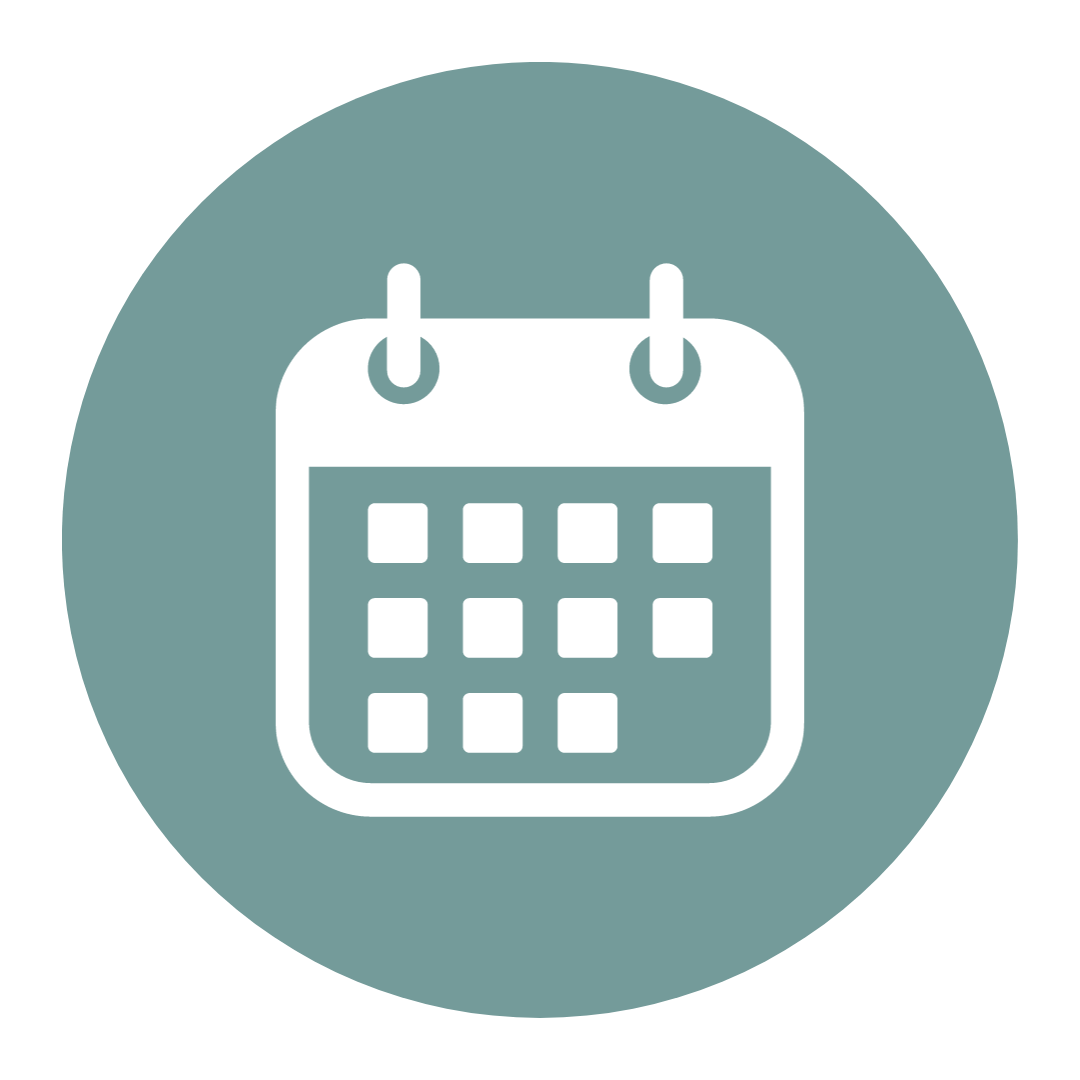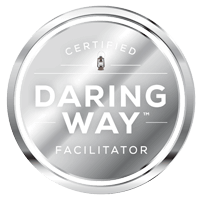Hey there, brave soul.
Yes, you.
Welcome and thank you for stepping into this space.
Here, at Inner Travel Grief Coaching™, we're about embracing the beauty in your journey, healing your heart,
and taking steps together towards transformation.
It's about more than just navigating grief.
It's about shedding fear, releasing doubt, and opening yourself up to new beginnings.
This is about you.
It’s about who you are.
What you value.
And who you’re evolving into - amidst life’s toughest challenges.
This is where you don’t just learn to survive - you learn to thrive.
A space where you don’t just learn to endure - you learn to grow.
A place where you don’t just learn to exist - you learn to live meaningfully.
AND LIVE FULLY.
This isn't just about learning how to cope with loss.
It's about learning how to embrace life again.
Inner Travel Grief Coaching™: Proud sponsor of transformation and liberation.
Stay connected and inspired on your journey:
Sign up for my newsletter to receive exclusive insights,
uplifting stories, and practical tips for navigating grief with grace and resilience.
Services
What brought you here today?


1:1 GRIEF COACHING
Feeling lost in the grief maze? It's okay, GPS won’t help here, but I will. Whether you're mourning a death, navigating the choppy waters of divorce, missing a furry friend, or reeling from a job loss, this isn't just about 'coping.' It’s about turning your grief journey into an unexpected adventure in self-discovery and resilience.
Think of this grief coaching as your heart's GPS recalibration. We're not just here to nod and say 'mm-hmm.' Over 90 days we'll walk the only proven, evidence-based path in the world together. We'll lovingly face your grief and re-frame your dance with those tricky emotions. It’s about coming out on the other side not just whole, but stronger, armed with strategies that are more than just textbook smart – they’re life smart. Because let's face it, some paths you tread need more than just brave steps; they need a co-pilot who knows the terrain.
FONTANNE MENOPAUSE MEMBERSHIP
While navigating menopause, it's easy to feel like you're charting unknown waters alone, surrounded by a sea of conflicting advice and endless searches for genuine support. You're not merely looking for answers, but to feel seen and supported in a trusted community that 'gets it' and knows this chapter of our lives can be our most vibrant one yet.
Introducing Fontanne. More than just a community, Fontanne invites you to redefine menopause beyond a physical milestone into a journey of transformation. Merging evidence-based information with innovative coaching, we cut through the overwhelm and confusion to deliver actionable insights that nourish your entire being.
Welcome to Fontanne—where menopause is just the beginning.

HONOURING YOUR LOVED ONE
Think life’s final curtain call should be anything but ordinary? So do we.
That's why our Celebration Of Life Planning service is more than just planning an event; it's a heartfelt tribute that combines the art of celebration with the compassion of grief coaching.
This isn’t your cookie-cutter farewell. We're all about celebrating the one-of-a-kind story of your loved one. It's not just an event; it's a tailor-made tribute that captures the essence, quirks, and all, of who they were. Together, we'll craft a send-off that’s less about closing a chapter and more about highlighting a legacy wrapped in love and unforgettable memories.
Celebrate a life well-lived with a farewell that’s as special and unforgettable as the person it honours, backed by caring and compassionate support.
Products
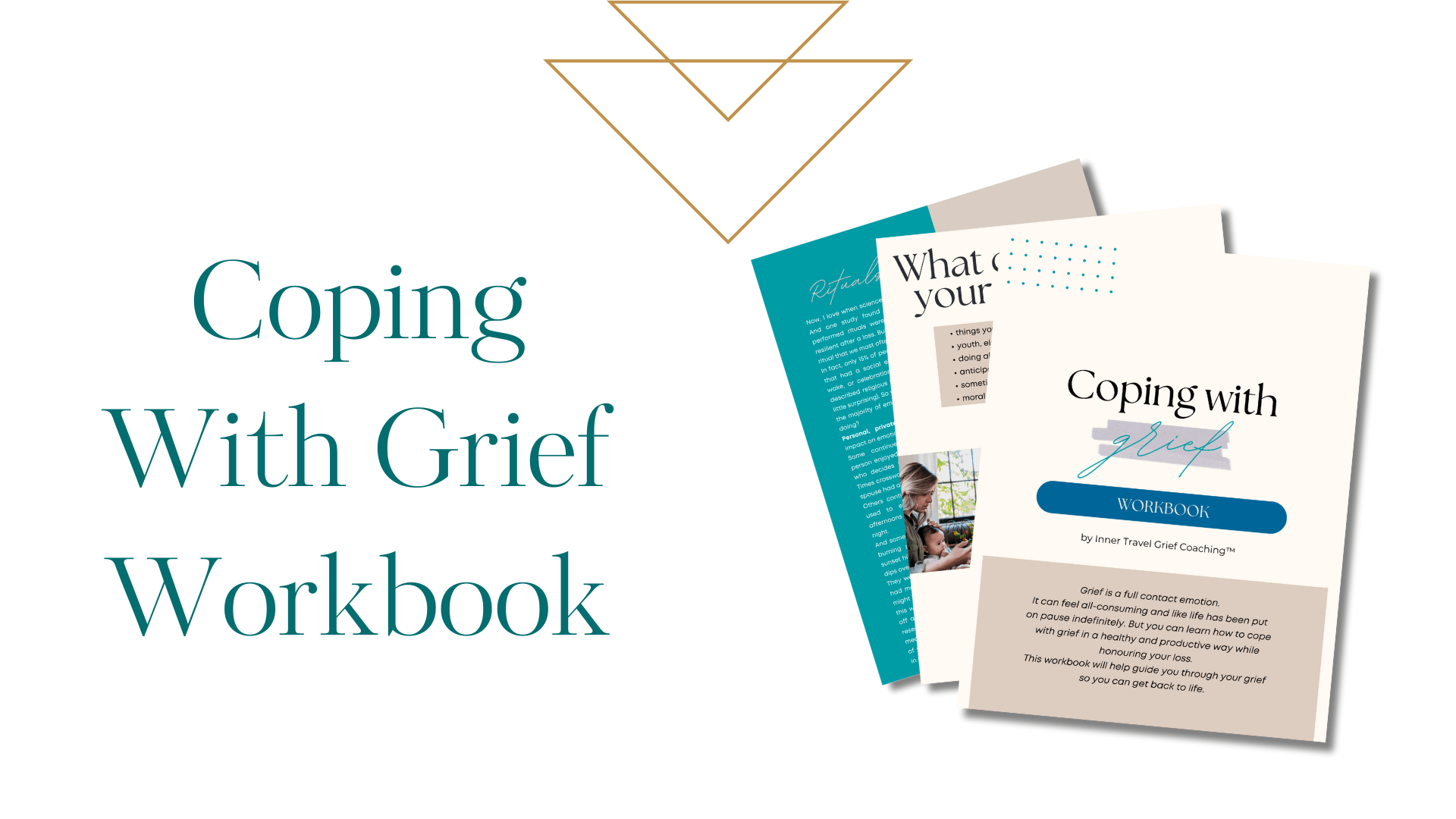
COPING WITH GRIEF WORKBOOK
Consider this guide the next natural step - or a thoughtful gift to someone navigating loss - in establishing a lifelong companionship with grief. It invites you to redefine your relationship with loss, transforming it from an unsettling adversary to a trusted advisor. Delve into your emotional depth to not only come to terms with your current grief but also fortify yourself for inevitable future losses, from dreams deferred to loved ones departed.

CHILDREN & GRIEF:
A COURSE FOR PARENTS
Talking to your child about death is never easy - especially when you're navigating your own grief. That's why this course, co-created with Registered Psychologist Colleen Mousseau, is here to help. It offers proven tools, insights, and compassionate strategies to empower you in supporting your child through loss, all while caring for your own emotional well-being.
Client Testimonials
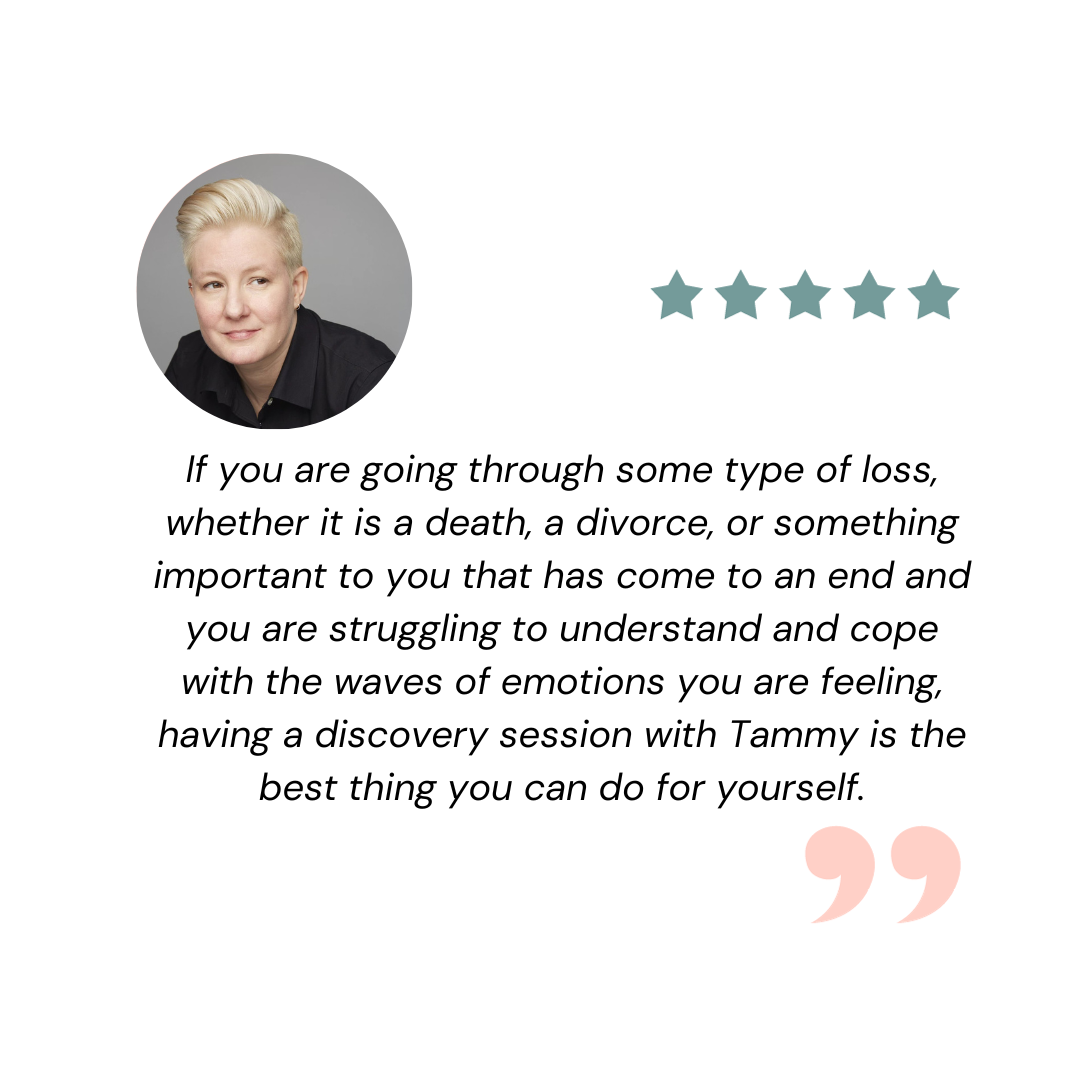

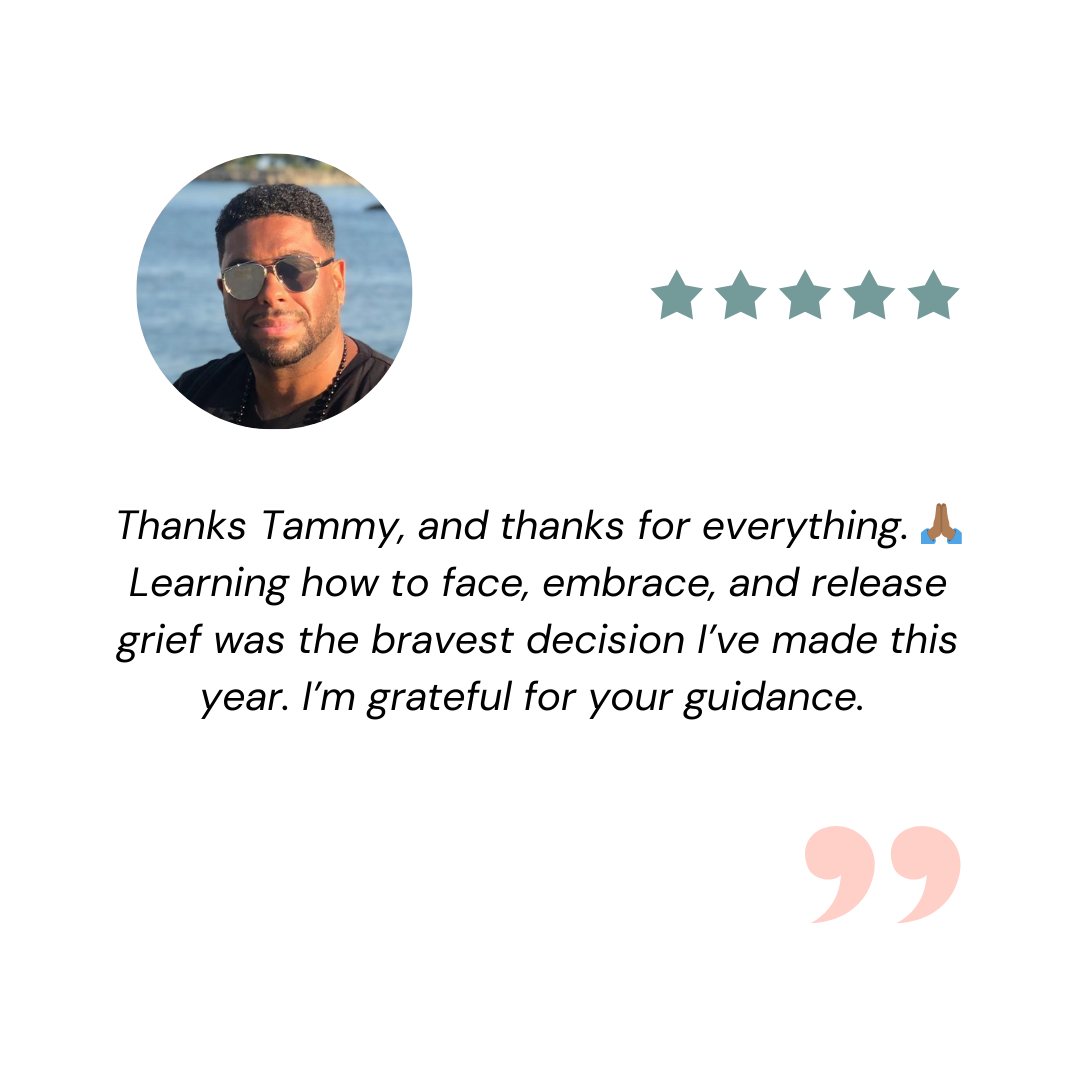

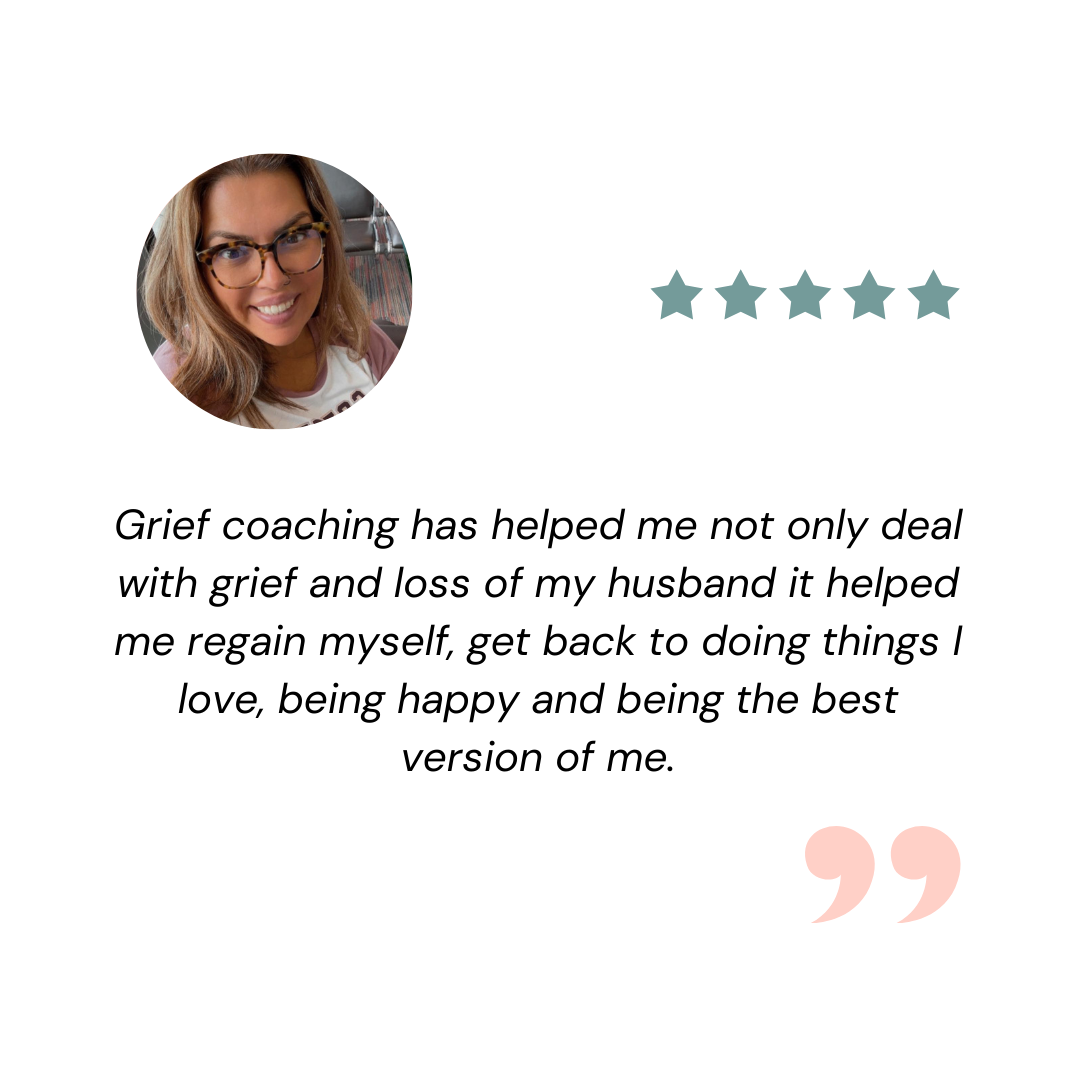

Feeling the Pull, But Not Quite Ready to Leap?
Embarking on a journey with a grief coach/death doula can feel like stepping into uncharted territory. And like any adventure worth its salt, it's all about finding the right companion for the trek. That's where a good ol' heart-to-heart comes in.
Curious? Hesitant? Wondering if this is your path? Let's figure it out together.
Click the button below to book your Discovery Session. It's completely commitment-free – think of it as a casual coffee chat where you get to ask all the questions, and I provide the insights (and we'll likely share a laugh or two along the way).
Dip your toes in and let’s explore what this journey could look like for you. No pressure, just possibilities.

My Story
Since 2010, Tammy Faulds has been utilizing her heart-expanding and holistic coaching skills to guide people from around the world, through loss to life.
Being an avid learner, Tammy has continued to tickle her grey matter and has earned her certifications as a life coach, death doula, grief educator and specialist, The Daring Way™ Facilitator (Brené Brown), and yoga and meditation teacher. However, Tammy’s education really began at the innocent age of 6 when she received a cancer diagnosis. And over the years, whether it's for her annual oncology appointments, while working with seniors as they candidly share some of life's regrets, or sitting bedside with loved ones in extremis - she’s constantly reminded that life, and the death that will inevitably come, is precious.
And she finds this fascinating. Liberating in fact. Because death needn't be feared. In fact, death is just misunderstood. And it's screaming to be heard because it knows it can truly teach us how to live out life in a way that no book, no movie, and no TED talk can.
But we have cold feet and we're too scared to have the conversation. Which is why Tammy’s made it her duty to lovingly facilitate these heart centered conversations. And why Tammy’s made death, her life's work.

Inner Travel Grief Coaching™ All rights reserved.


